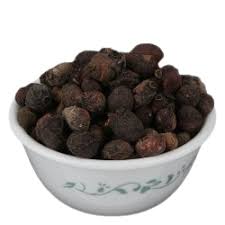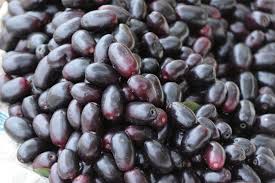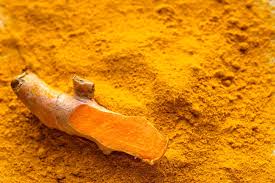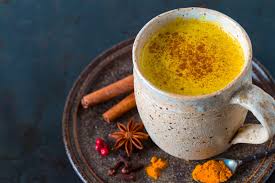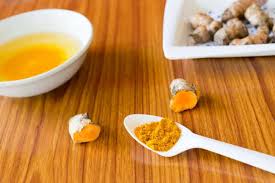
Jadi Buti for Women’s Health: Hormonal Balance & More
Women’s health is deeply connected to hormonal balance, and nature offers a powerful solution through jadi buti (medicinal herbs). Ayurveda and traditional healing practices have long relied on these natural remedies to regulate hormones, improve fertility, support menstrual health, and enhance overall well-being. Herbs like Ashwagandha, Shatavari, and Tulsi play a vital role in managing stress, PCOS, menopause, and reproductive health. In this article, we explore the best jadi buti for women’s hormonal balance and well-being.
Long Description:
1. Importance of Hormonal Balance for Women
- Hormones regulate vital functions such as menstrual cycles, fertility, mood, metabolism, and energy levels.
- Imbalances can lead to PCOS, irregular periods, mood swings, fatigue, weight gain, and skin problems.
- Ayurvedic jadi buti offer a natural way to restore balance without harmful side effects.
2. Best Jadi Buti for Women’s Hormonal Health
a) Shatavari – The Ultimate Female Tonic
- Balances estrogen levels and supports reproductive health.
- Helps in PCOS, irregular periods, and menopause symptoms.
- Boosts fertility and enhances lactation in new mothers.
b) Ashwagandha – The Stress Reliever
- Reduces cortisol (stress hormone) and promotes mental relaxation.
- Supports thyroid function and improves energy levels.
- Enhances sleep, mood, and overall hormonal harmony.
c) Tulsi (Holy Basil) – The Detoxifying Herb
- Regulates blood sugar levels, which helps in PCOS management.
- Improves metabolism and digestion, preventing hormonal acne.
- Strengthens immunity and reduces inflammation.
d) Fenugreek (Methi) – A Natural Estrogen Booster
- Helps in balancing estrogen levels and reducing menstrual cramps.
- Enhances breast milk production in lactating mothers.
- Supports weight loss and metabolism regulation.
e) Aloe Vera – The Hormonal Cleanser
- Detoxifies the body, reducing hormonal acne and inflammation.
- Supports liver health, crucial for hormone regulation.
- Helps in menstrual pain relief and balancing reproductive hormones.
f) Black Cohosh – The Menopause Supporter
- Relieves hot flashes, mood swings, and night sweats.
- Supports bone health and prevents osteoporosis.
- Helps in regulating sleep and mental clarity during menopause.
3. Jadi Buti for Menstrual Health
- Cinnamon: Regulates periods and reduces heavy bleeding.
- Ginger: Relieves cramps and improves digestion.
- Fennel Seeds: Alleviates bloating and promotes hormonal balance.
- Nettle Leaf: Rich in iron, helps prevent anemia during menstruation.
4. Jadi Buti for PCOS & Fertility
- Spearmint Tea: Lowers testosterone levels, reducing PCOS symptoms.
- Chasteberry (Vitex): Regulates ovulation and menstrual cycles.
- Flaxseeds: Balances estrogen and supports reproductive health.
5. Jadi Buti for Menopause Relief
- Soy Isoflavones: Mimic estrogen, reducing hot flashes and mood swings.
- Sage: Alleviates night sweats and improves sleep quality.
- Maca Root: Boosts energy, libido, and hormonal stability.
6. How to Use Jadi Buti for Hormonal Balance
- Herbal Teas: Drink Shatavari, Ashwagandha, or Tulsi tea daily.
- Ayurvedic Powders: Mix Ashwagandha or Fenugreek powder with warm milk.
- Essential Oils: Use Sandalwood or Lavender oil for hormonal harmony.
- Dietary Supplements: Take capsules or herbal tonics as recommended.
7. The Ayurvedic Approach to Women’s Health
- Follow a balanced diet with herbs, fresh fruits, and whole grains.
- Practice yoga and meditation to reduce stress and support hormones.
- Maintain a consistent sleep schedule for hormonal stability.
8. Conclusion: Embracing Natural Healing with Jadi Buti
Jadi buti offers a holistic, side-effect-free way to manage women’s health naturally. By incorporating powerful Ayurvedic herbs into daily life, women can achieve hormonal balance, improved fertility, menstrual regularity, and menopause relief. Instead of relying on synthetic hormones, turn to the wisdom of traditional herbal remedies for long-term well-being.


